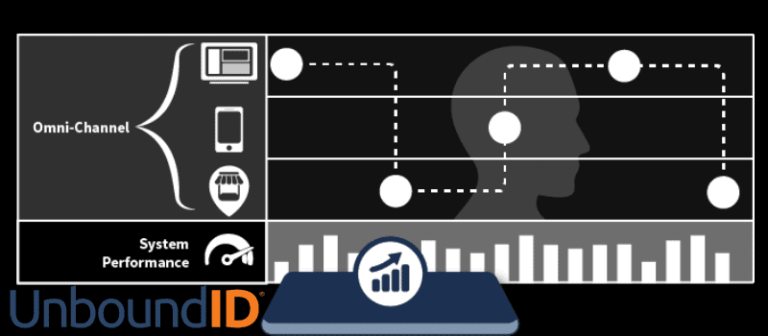

In 2016, a pilot evaluation measuring the empowerment among sponsored mothers in Kampala, Uganda, and Antipolo, Philippines, engaged mothers who are waiting for their children to be sponsored as a comparison group. These groups provide the space for families to have a voice in the program and be part of a supportive community, addressing two significant components of poverty: lack of choices and isolation.

As of September 2014, 77 percent of all Unbound sponsored members participated in the program through small groups. Unbound’s direct work through a personalized benefit model and parent groups means families are able to best allocate resources for their children and direct how the program supports their development as families. Sponsorship impacts the sponsored child and the entire family. This means that Unbound students - who experience marginalization based on economic, social and geographic factors - were able to compete and excel alongside students from all socioeconomic brackets and areas within their countries.

Sponsorship helps children achieve a level of education that prepares them to compete with peers for jobs and be educated community members, parents and leaders.Īt a global level, at the point of leaving the program, 75 percent of sponsored children achieved a level of schooling comparative to or above national peer averages, according to data gathered from 2011-2014. Through Unbound’s sponsorship program, families have more choices in their lives and are empowered, over time, to confront the challenges of poverty and work toward a better life. Outcomes vary by location and may include educational attainment, leadership, improved health and nutrition status, dignified housing, skill development and increased income through livelihood opportunities for families. Results: Sponsored members partner with Unbound to make program and benefit decisions that help meet their basic needs and develop their potential over the course of their time in the program, sometimes 18 years or more.


 0 kommentar(er)
0 kommentar(er)
